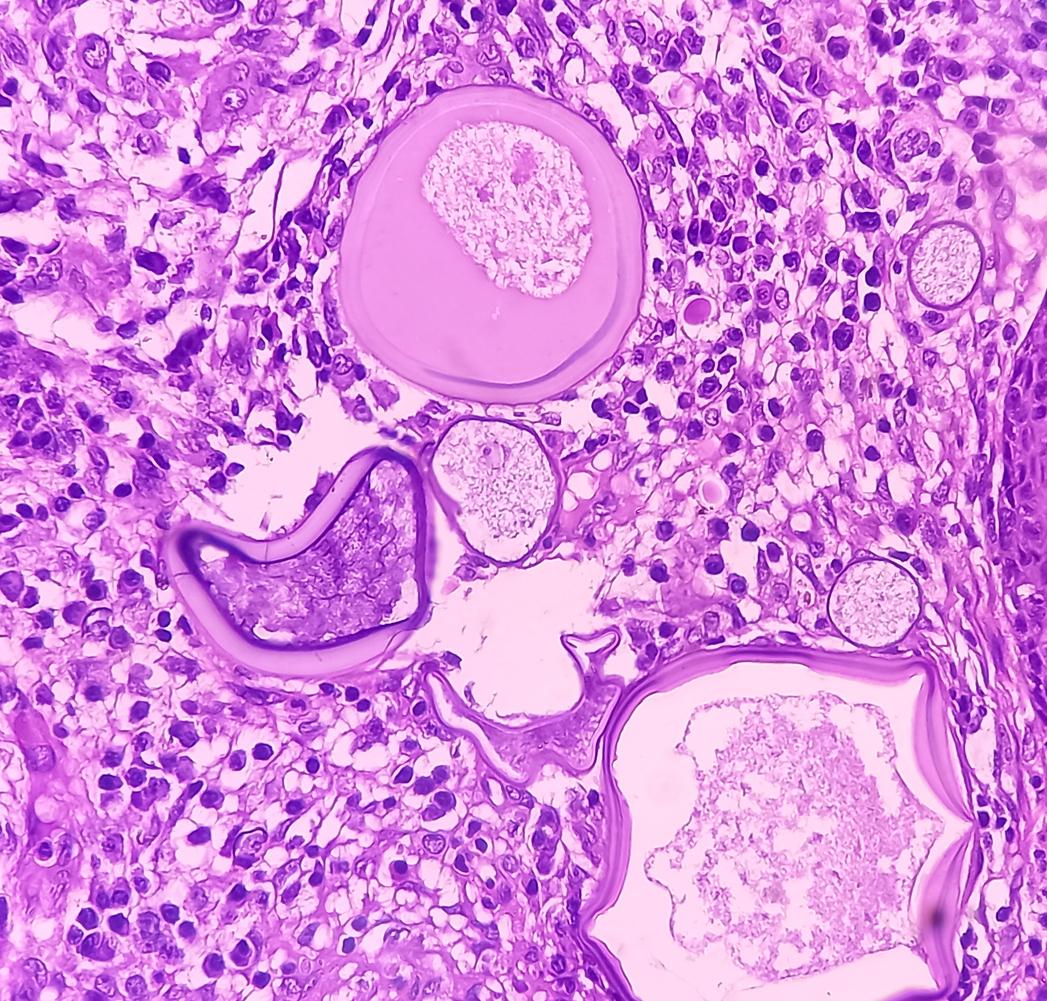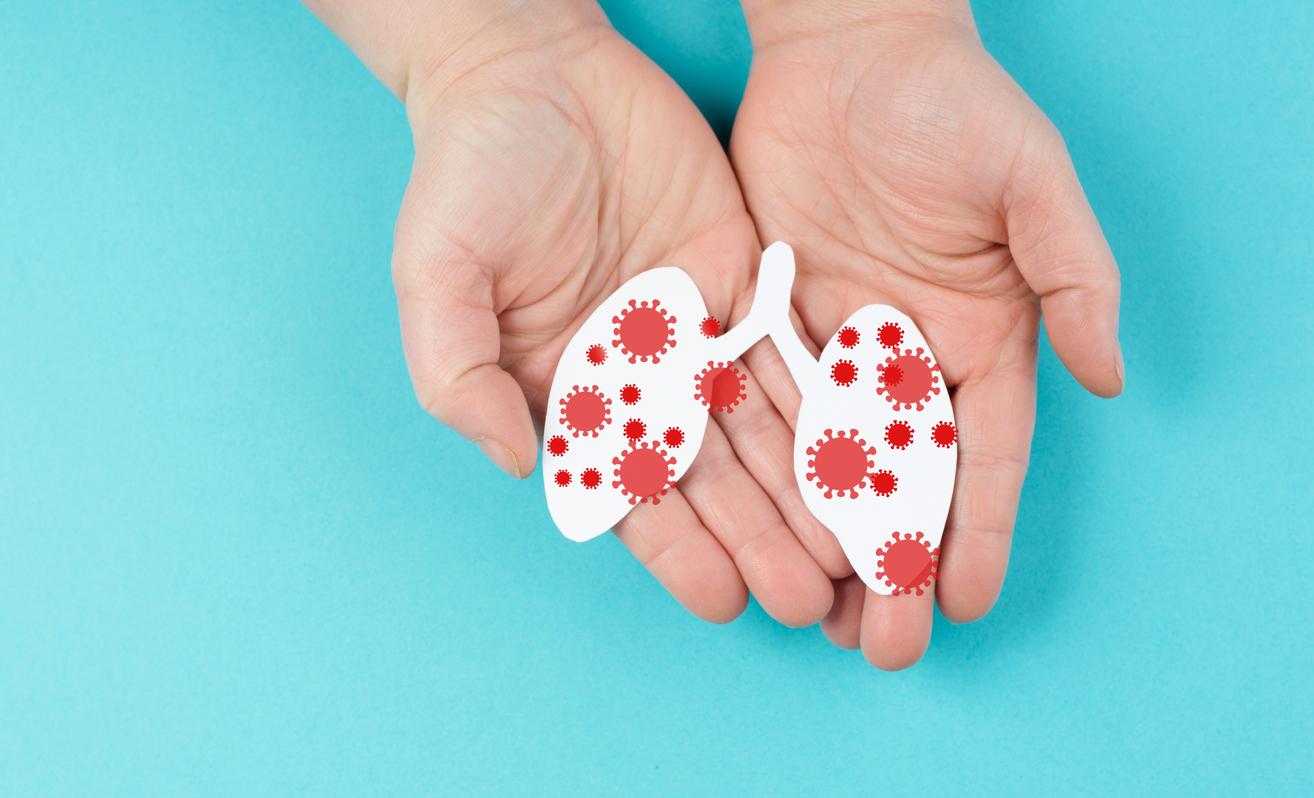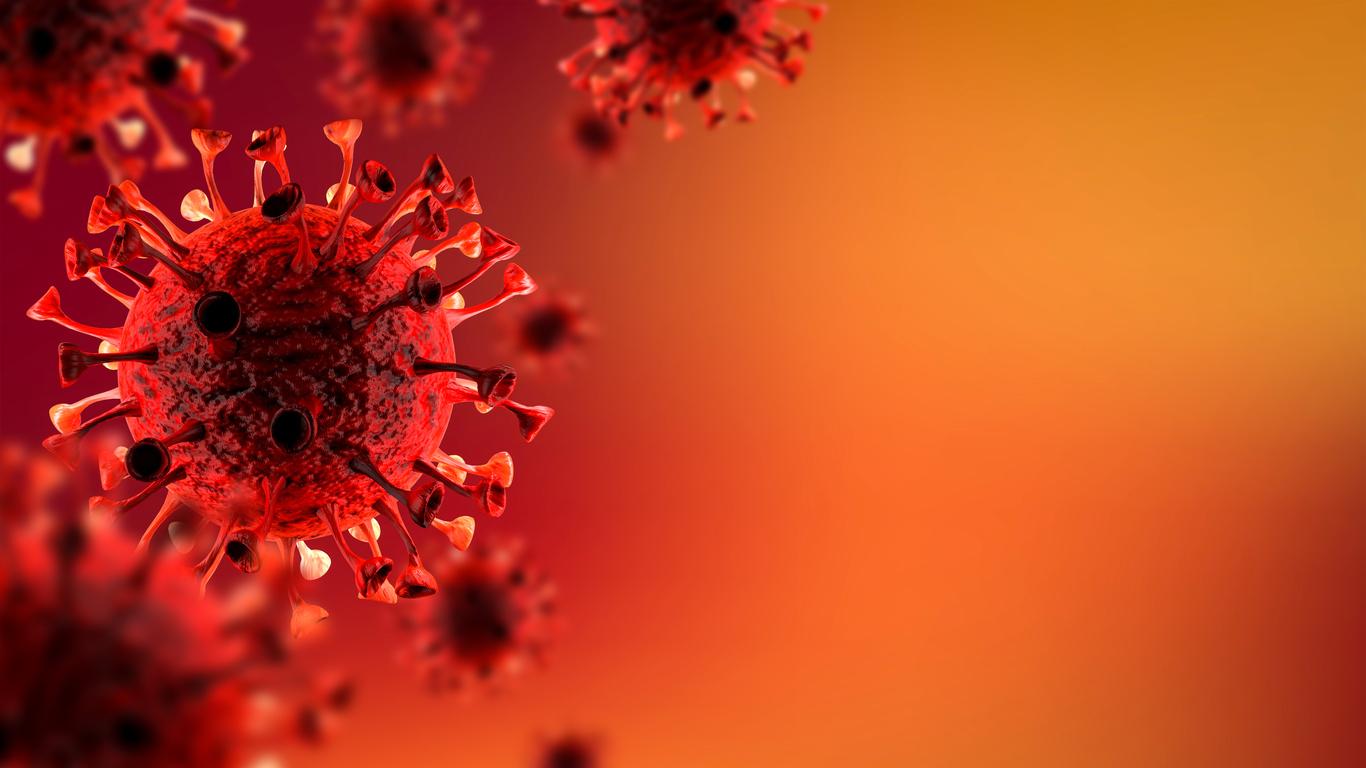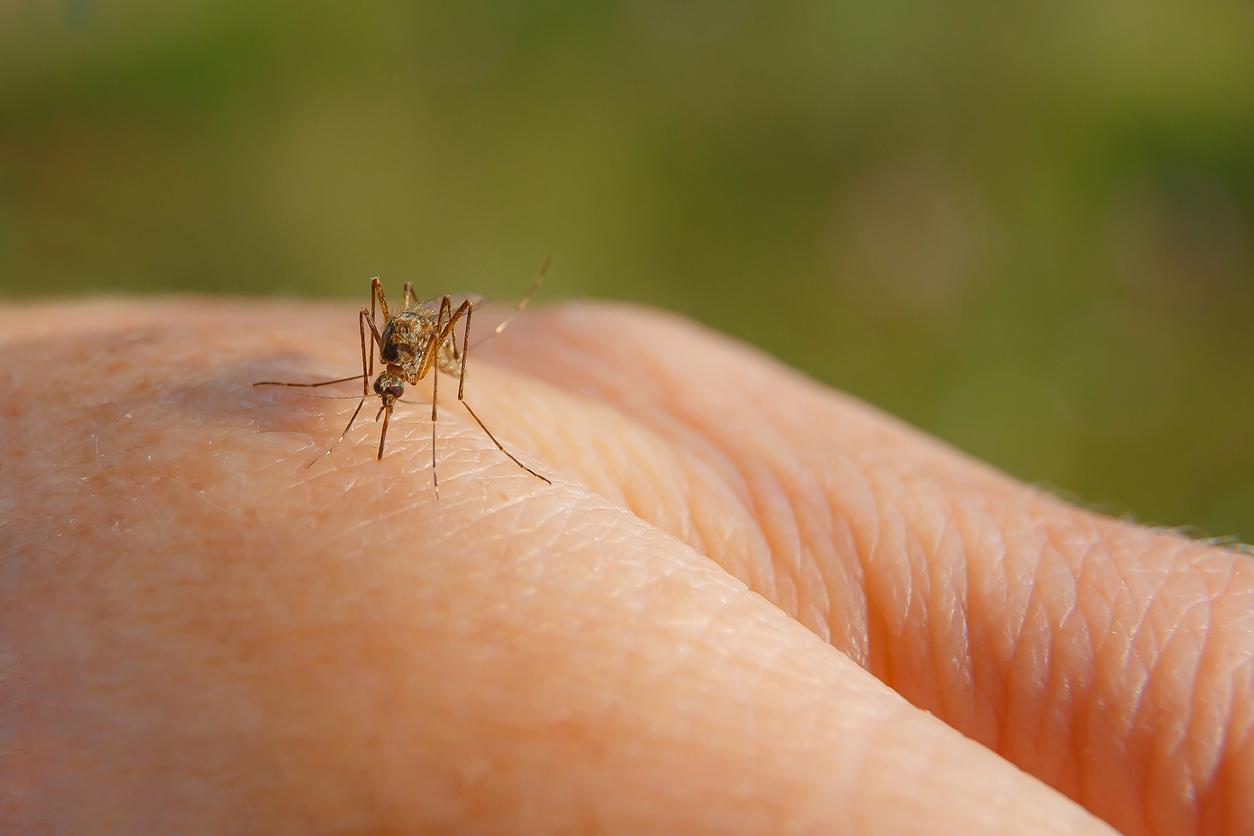Europeans can say thank you to Neanderthals. From prehistoric matings with this species, we have derived better immunity.
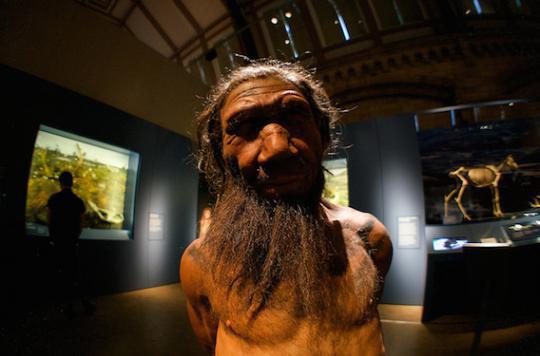
Neanderthals disappeared around 40,000 years ago… but before that he left a precious heritage to Europeans. 4% of our genome is inherited from this extinct branch of humanity. The thanks are of force: thanks to it, the inhabitants of the Old continent are better protected against certain infections. An international team, including the Institut Pasteur and the CNRS, explains it in the scientific journal. Cell.
200 African or European people have agreed to hand over their genetic heritage to science. The authors of this work analyzed part of it, the RNA. More specifically how the innate immune system (monocytes) reacts to bacterial or viral attack. Marked differences emerge between nationals of the two continents, to the benefit of the inhabitants of Europe. The Neanderthal heritage gives them increased protection against certain viruses. Natural selection would indeed have favored the transmission of mutations which modulate the response to a viral infection.
No more lupus in Africa
But our African ancestors are not left out, even if they have not met the famous Neanderthal. They too have evolved to adapt to their environment. In both groups, the inflammation is less pronounced. This helps reduce the risk of allergies and autoimmune diseases.
This work can be particularly useful for modern medicine. People of African descent are more prone to lupus compared to those of European descent. Research of this type provides avenues of explanation and makes it possible to identify populations at risk. Thanks to the same team, we now know that our susceptibility to allergies also comes from genes inherited from this deceased ancestor. In terms of management, the use of genome analysis will also serve to further develop personalized medicine.
The papillomavirus, an ancient legacy
Neanderthals, a protective ancestor, but not only… With the Denisovans, this branch of hominids helped spread human papillomaviruses on the European and Asian continents. This is what a CNRS team shows in the review Molecular Biology and Evolution. One strain in particular flourished in the presence of these human species: HPV16, known to cause cervical cancer and genital warts.
Researchers have reconstructed the family tree of this sexually transmitted virus. They noted a parallel evolution between archaic men and modern men. The matings with our cousins, Neanderthals or Denisovans, helped spread HPV. In sub-Saharan Africa, where they were absent, the strain is almost absent today. Conversely, it clearly dominates in East Asia and the rest of the continent.
.









